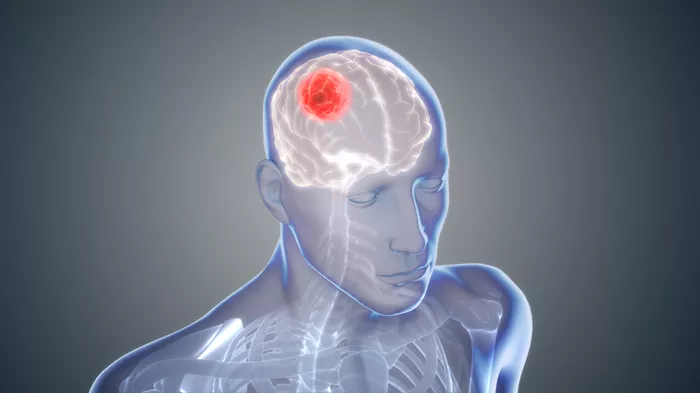A recent study from Swiss researchers indicates that a widely used antidepressant could offer a new avenue for treating glioblastoma, a particularly aggressive and currently incurable brain tumor. This promising research shines a light on potential alternatives for a disease that significantly limits patient survival.
Glioblastoma is a common and fast-growing type of brain cancer, with most patients facing a prognosis of only 12 to 18 months post-diagnosis. The inherent difficulty in treating brain tumors stems from the blood-brain barrier, a protective layer that limits the entry of medications into the central nervous system, making effective treatment challenging.
Researchers at the University Hospital Zurich (USZ) conducted tests on 132 different drugs using cancer tissue samples from glioblastoma patients who had recently undergone surgical procedures. Their approach combined laboratory analysis with computer modeling and studies involving lab mice.
The team focused on medications that have the potential to penetrate the blood-brain barrier, exploring a range of drug classes, including antidepressants, antipsychotics, and medications used for Parkinson’s disease.
Among the tested drugs, vortioxetine emerged as a standout candidate, demonstrating “exceptionally consistent” effectiveness against glioblastoma cells. The study, published in the journal Nature Medicine, reported that vortioxetine effectively targeted tumors in 66.7 percent of the patients analyzed.
Dr. Michael Weller, co-author of the study and director of the neurology department at USZ, highlighted the advantages of vortioxetine, noting its safety profile and cost-effectiveness. “The advantage of vortioxetine is that it is safe and very cost-effective,” he stated.
Following these promising laboratory results, researchers are preparing to initiate clinical trials to evaluate the effectiveness of vortioxetine in human patients. The trials will involve two study groups: one receiving vortioxetine alongside standard treatments—such as surgery, chemotherapy, and radiation—and another receiving a more personalized treatment regimen.
Vortioxetine, marketed under the brand name Brintellix by Danish pharmaceutical company Lundbeck, is currently approved for the treatment of major depressive disorder in several regions, including the European Union, Switzerland, the United Kingdom, and the United States. If clinical trials yield successful outcomes, the drug could be quickly integrated into existing treatment protocols for glioblastoma, avoiding the lengthy approval process typical for new medications.
This study aligns with previous research suggesting that antidepressants might hold therapeutic potential in the battle against brain cancer. A 2021 study in the United States revealed that fluoxetine, commonly known as Prozac, showed promise in targeting glioblastoma cells in mouse models.
Despite the encouraging findings regarding vortioxetine, it is essential to approach these results with caution. The efficacy of antidepressants in improving survival outcomes for glioblastoma patients remains uncertain. A Swedish analysis published earlier this year raised concerns, revealing that patients with high-grade brain tumors, including glioblastoma, exhibited poorer survival rates when prescribed selective serotonin reuptake inhibitors (SSRIs), a class of antidepressants that encompasses both fluoxetine and vortioxetine.
The early research surrounding vortioxetine as a treatment for glioblastoma is a hopeful development in a field often marked by limited options. While more rigorous clinical trials are necessary to determine its effectiveness in human patients, the potential for a cost-effective and safe treatment for this aggressive form of brain cancer offers a glimmer of optimism for patients and healthcare providers alike. As scientists continue to explore the relationship between antidepressants and brain cancer, the medical community remains vigilant in assessing the real-world implications of these findings.
Related Topics:


